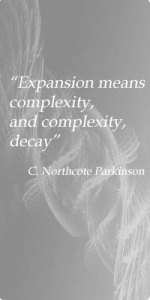More Juicy Links. And Mashed Potatoes.
Wednesday, July 30th, 2008David Carr Will Save Memoir! Or so says Leon Neyfakh at the New York Observer. Apparently Carr, author of a new book about his drug experiences, was so loathe to trust his drugged out memories that he reported on his own life, interviewed his friends and family, and even hired a private investigator. This makes him, in Neyfakh’s eyes, memoir’s “…white knight, galloping in to show how a personal story can be engrossing, shocking and true.”
This hilarious collection of Carr’s mashed potato analogies suggests otherwise, though.
Stuart Jeffries on the non-reading epidemic. Pithy.
There is a thing called reader’s block. It is not the same as writer’s block. In fact, reader’s block is a phenomenon partly explained as a reader’s all-too-understandable response to so many writers not having writer’s block.
My man Salman might just win the Booker prize again.
And, care of Booksquare, Jennifer Epstein, author of the Painter From Shanghai, on moving from writing books to blogging and blogs:
These short, sharp little sites and pieces can be vastly engaging and informative, and I’ve found several that I truly love. That said, they feel like the very antithesis of the way I write; tight deadlines, immediate readerships.
For New York type writing folk, Guernica magazine is looking for a managing editor and benefit director.

